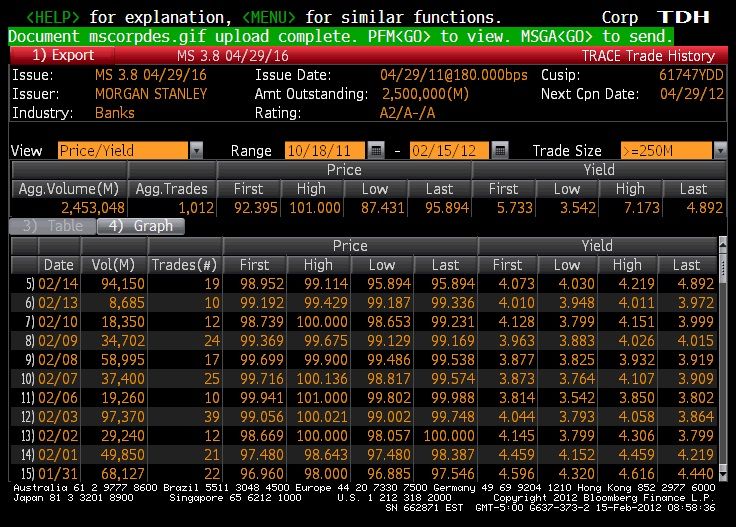Fitch Ratings has launched a new ESG scoring system to monitor the impact of corporate sustainability behaviours on their credit ratings.
The new Fitch system, called ESG Relevance Scores, has initially launched with 1,500 non-financial ratings of corporates. The scoring system will eventually be rolled out to other issuers such as sovereigns, banks, insurers and non-bank financial institutions.
Fitch claims it is the first ratings agency to publish an opinion about how ESG issues may affect an issuers credit rating, as it is making its scores available to all investors in the public domain in a dedicated section of its website – see here.
“We actively engaged with investors and other market participants to understand what they want to see from credit rating agencies before devising the new relevance scores,” Andrew Steel, the company’s global head of Sustainable Finance, said in a statement.
“Our focus is purely on fundamental credit analysis and so our ESG Relevance Scores are solely aimed at addressing ESG in that context. The scores do not make value judgements on whether an entity engages in good or bad ESG practices, but draw out which E, S, and G risk elements are influencing the credit rating decision.”
Steel said that the new scoring system should allow investors to obtain a greater insight of the non-financial risk associated with each bond at both entity and sector level. He hopes that increasing numbers of investors will use these scores as a basis to discuss issuer’s non-financial risks at portfolio planning meetings.
“The initial analysis of our corporate portfolio has generated over 22,000 individual E, S and G scores for our publicly rated entities,” he said.
“Initial results show that 22% of our current corporate ratings are being influenced by E, S or G factors, with just under 3% currently having a single E, S or G sub-factor that by itself led to a change in the rating.”








